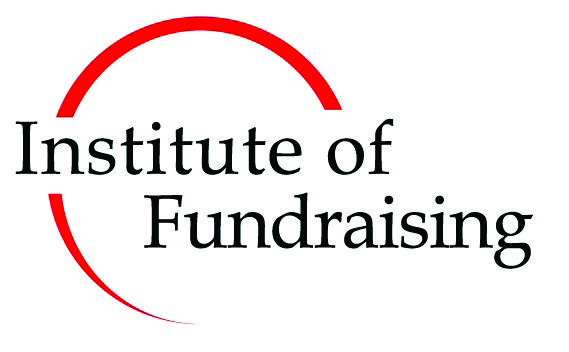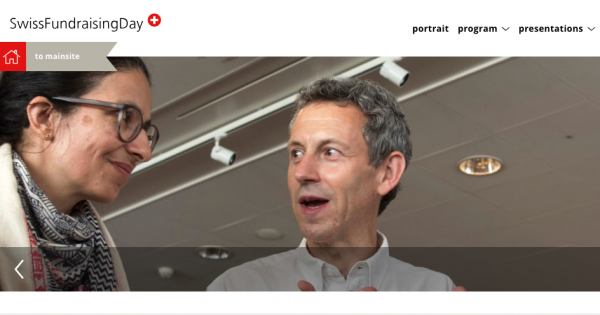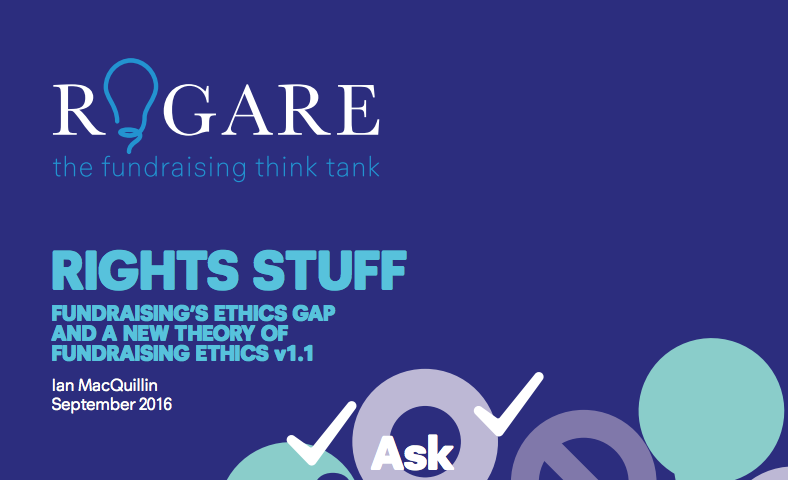
Institute of Fundraising & PFRA complete merger
September 26, 2016
SwissFundraisingDay online: a free knowledge resource
September 26, 2016A new whitepaper has been published by fundraising thinktank Rogare that suggests charities should consider their beneficiaries as much as their donors.
Rights Stuff: Fundraising’s ethics gap and a new normative theory of fundraising ethics outlines a new theory of fundraising ethics, and states that fundraisers have a duty to both their donors and their beneficiaries.
It says that while both have certain rights, these sometimes come into conflict, and that this can create ethical dilemmas in fundraising when there is tension between what donors want fundraisers to do, such as ask for less, in different ways or at different times, or not at all, and what beneficiaries need fundraisers to do.
According to the whitepaper, most other theories on ethical fundraising prioritise fundraisers’ duties to their donors and do not explicitly refer to any duty that fundraisers may have to their beneficiaries and service users. Rogare’s new theory makes the case that fundraising is ethical when it strikes an appropriate balance between the two.
Rogare’s aim therefore is to develop a new theory of fundraising ethics that brings the beneficiary into the ethical decision-making processes, with the whitepaper the first part of a full review of fundraising’s professional ethics.
Next steps in the review include a global survey of the existing ethical decision-making processes fundraisers currently employ, and the development of the ideas presented in the white paper by the project’s advisory group of academics and fundraisers who all share a background in philosophy.
Rogare director, Ian MacQuillan said:
“Fundraisers have a lot of applied ethics contained in their codes of practice, which tells them what they may or may not do. But there is very little in the way of ‘normative’ ethics that helps fundraisers understand why they ought or ought not do particular things, or provides a context for their ethical decision making frameworks. What normative thinking there has been quite startlingly ignores beneficiaries and focuses almost exclusively on fundraisers’ duties to their donors.”
The full whitepaper can be downloaded here.




